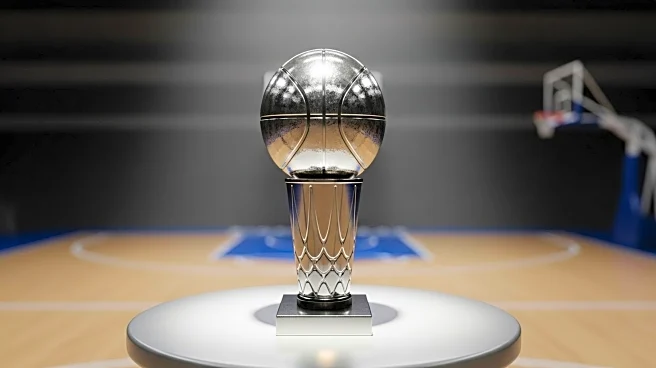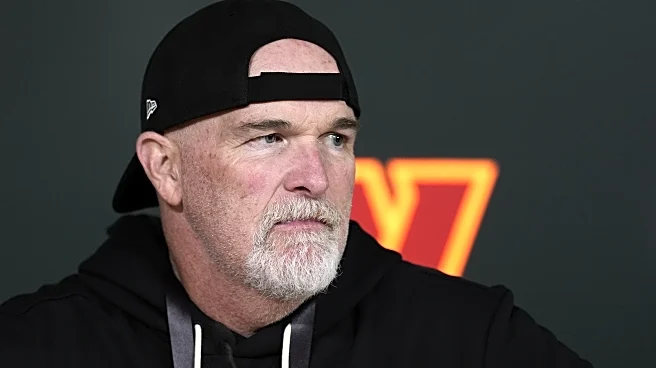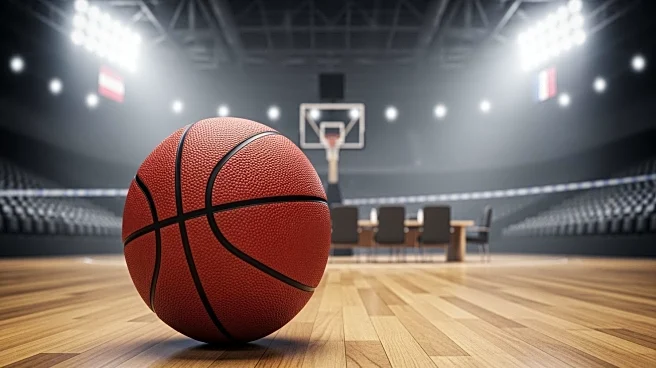What's Happening?
NBA Commissioner Adam Silver has publicly addressed the ongoing negotiations between the WNBA league office and its players, highlighting a growing rift between WNBA Commissioner Cathy Engelbert and the players. This tension has been exacerbated by recent comments from WNBA player Napheesa Collier, who criticized Engelbert. Silver acknowledged the league's significant growth under Engelbert's leadership but noted that both economic and relational issues need to be addressed. He emphasized the necessity of negotiating a new collective bargaining agreement (CBA) to resolve these issues. Phoenix Mercury star Satou Sabally responded to Silver's remarks, expressing that the negotiations are indeed personal for players, as they often earn more in international leagues than in the WNBA.
Why It's Important?
The situation underscores the challenges faced by the WNBA as it navigates its growth trajectory. The league's ability to address player concerns and negotiate a fair CBA is crucial for maintaining player satisfaction and ensuring the league's continued success. The outcome of these negotiations could impact the financial and operational structure of the WNBA, affecting players' earnings and the league's competitive standing globally. The players' dissatisfaction highlights broader issues of compensation and recognition in women's sports, which could influence public perception and support for the league.
What's Next?
As the CBA negotiations progress, both the WNBA leadership and players will need to find common ground to resolve their differences. The league's ability to address these issues effectively will be critical in maintaining its growth momentum. Stakeholders, including fans and sponsors, will be closely watching the developments, as the resolution could set a precedent for future negotiations in women's sports. The ongoing dialogue may also prompt broader discussions about equity and compensation in professional sports.
Beyond the Headlines
The current situation in the WNBA reflects a larger cultural and economic conversation about gender equity in sports. The league's handling of these negotiations could influence how other sports organizations address similar issues. Additionally, the personal nature of the negotiations, as highlighted by players like Sabally, points to the emotional and financial stakes involved for athletes, which could lead to increased advocacy for player rights and better working conditions across sports.










